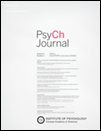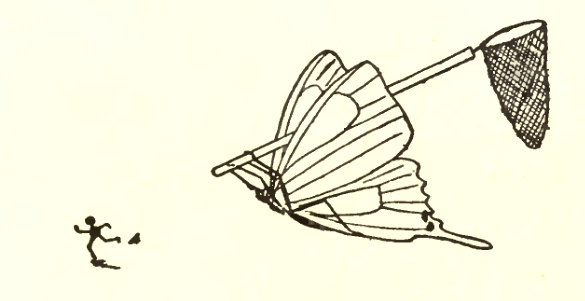

Although most researchers realize too many are using misidentified cell lines in their work, they may be shocked to see the scope of the problem: Approximately 32,755 articles report on research that relied on misidentified cells, according to a new report in PLoS ONE. And even though more people may be aware of the problem, it hasn’t slowed it down: Most of the papers the authors flagged were written after 2000, and the number of new publications relying on misidentified cells continues to grow. We’ve tackled the issue — a 2015 poll of RW readers showed most believed the papers that report data from misidentified cell line should be either retracted or corrected, and our co-founders have recommended journals at least post “expressions of concern.” We spoke with the authors of the latest paper (also covered by The Scientist), Serge Horbach and Willem Halffman at Radboud University Nijmegen in the Netherlands.
Retraction Watch: You estimate more than 32,000 articles that used misidentified cells. That’s a very large number, to say the least — were you surprised at the scope of the problem?




 More than 20 faculty members at Johns Hopkins University have signed a letter to Scientific Reports saying they will resign from the editorial board if the journal doesn’t retract
More than 20 faculty members at Johns Hopkins University have signed a letter to Scientific Reports saying they will resign from the editorial board if the journal doesn’t retract  The authors of a 2017 paper on emotional and behavioral gaps between boys and girls have retracted the article after discovering a coding error that completely undermined their conclusions.
The authors of a 2017 paper on emotional and behavioral gaps between boys and girls have retracted the article after discovering a coding error that completely undermined their conclusions. 
